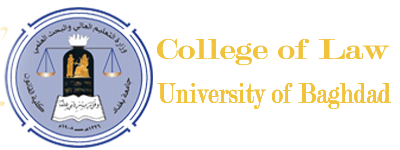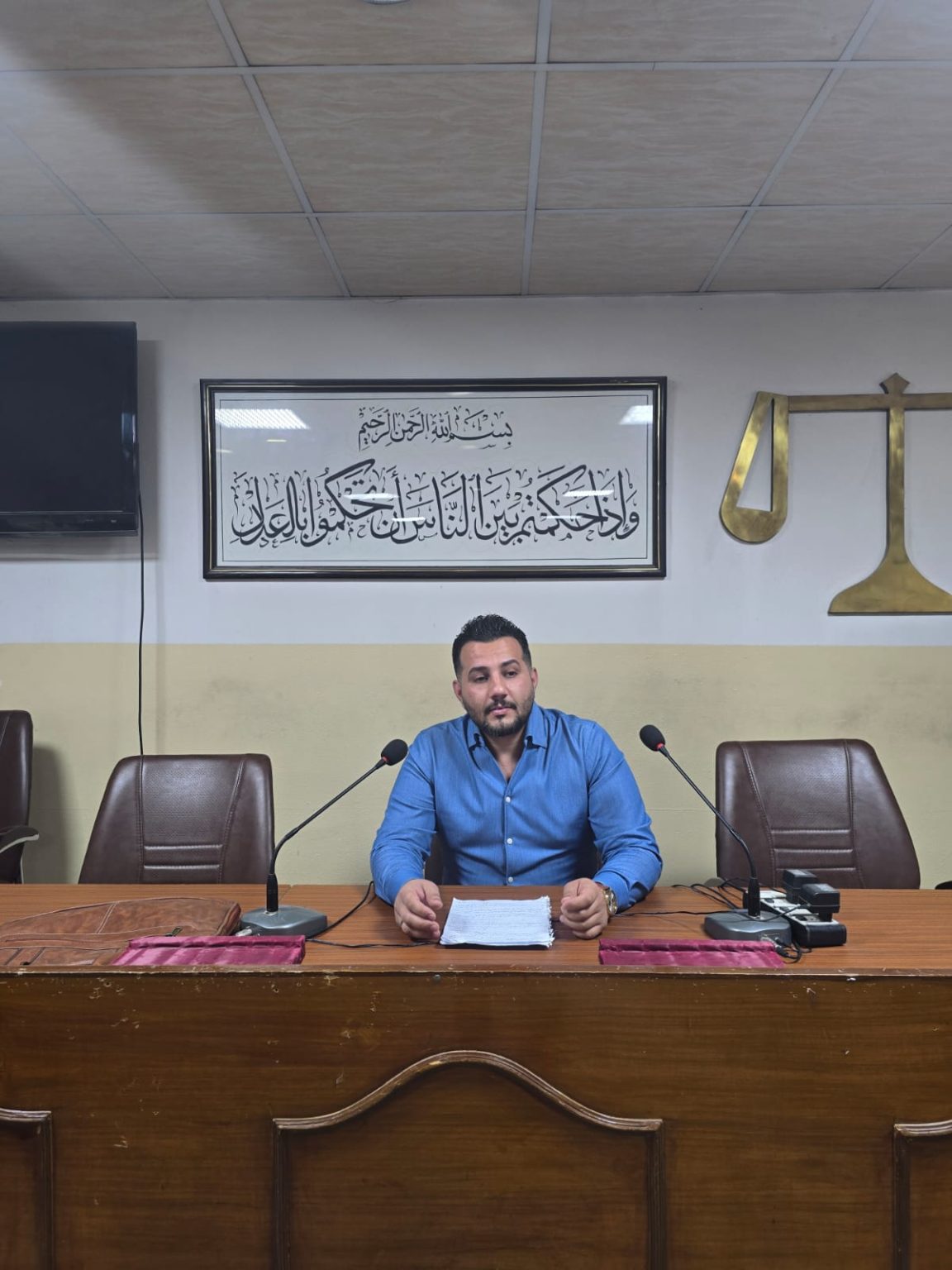As part of the activities of the Continuing Education Unit at the College of Law – University of Baghdad, a scientific workshop entitled “Translation by the Functional Approach and Its Applications in Legal Translation” was held on Wednesday, June 25, 2025, in the Model Court Hall. The workshop was presented by Asst. Lecturer Essam Adnan.
🎯 The workshop aimed to introduce participants to the concepts and theoretical foundations of the functional (Scopus) theory of translation, highlighting the fundamental differences between this approach and literal translation, especially regarding function and context. It focused on how to apply this theory in legal translation by analyzing the purposes of legal texts and selecting appropriate strategies to accurately and effectively transfer them into the target language.
📚 The workshop covered several key topics, including:
1. An introduction to the functional theory of translation, including its origins and basic concepts such as Scopus (purpose), target text, and target audience.
2. The specificity of legal translation, including the nature of legal language and the characteristics of legal texts such as precision, stability, deliberate ambiguity, and legal referencing.
3 .How to prepare legal texts for translation and analyze the intended legal purpose of the translation.
💡 At the conclusion, the presenter offered several important recommendations:
1. Adopting the functional theory as a methodological foundation for teaching legal translation in academic programs.
2 .Training legal translators to analyze legal texts based on purpose and legal context rather than solely on literal meaning.
3. Applying the functional model in multilingual or multicultural contracts to avoid rigid and unclear formulations.
4. Emphasizing the connection between translation and the target legal system, rather than relying only on direct linguistic equivalences.
This workshop reflects the college’s efforts to enhance the skills of students and researchers in legal translation, thereby improving the quality of specialized legal translation and linking it to the relevant legislative environment.

